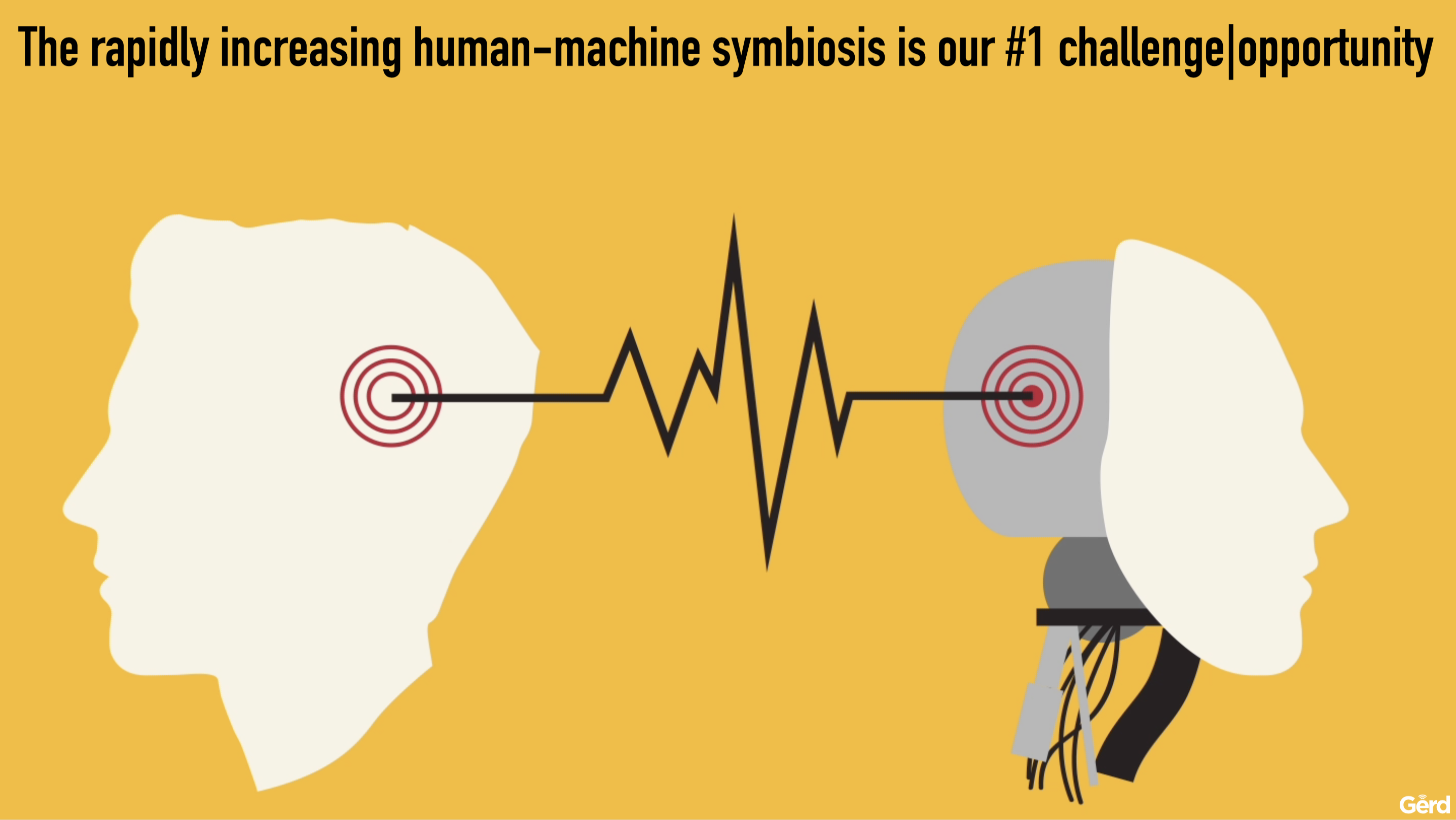
New keynote video: Technology and Humanity – the next 10 years (ICEEFest Bucharest 2018)
Technology and Humanity – the next 10 years. Computers that think ...

Technology and Humanity – the next 10 years. Computers that think ...
UPDATED: here is a new video on the same topic, ...
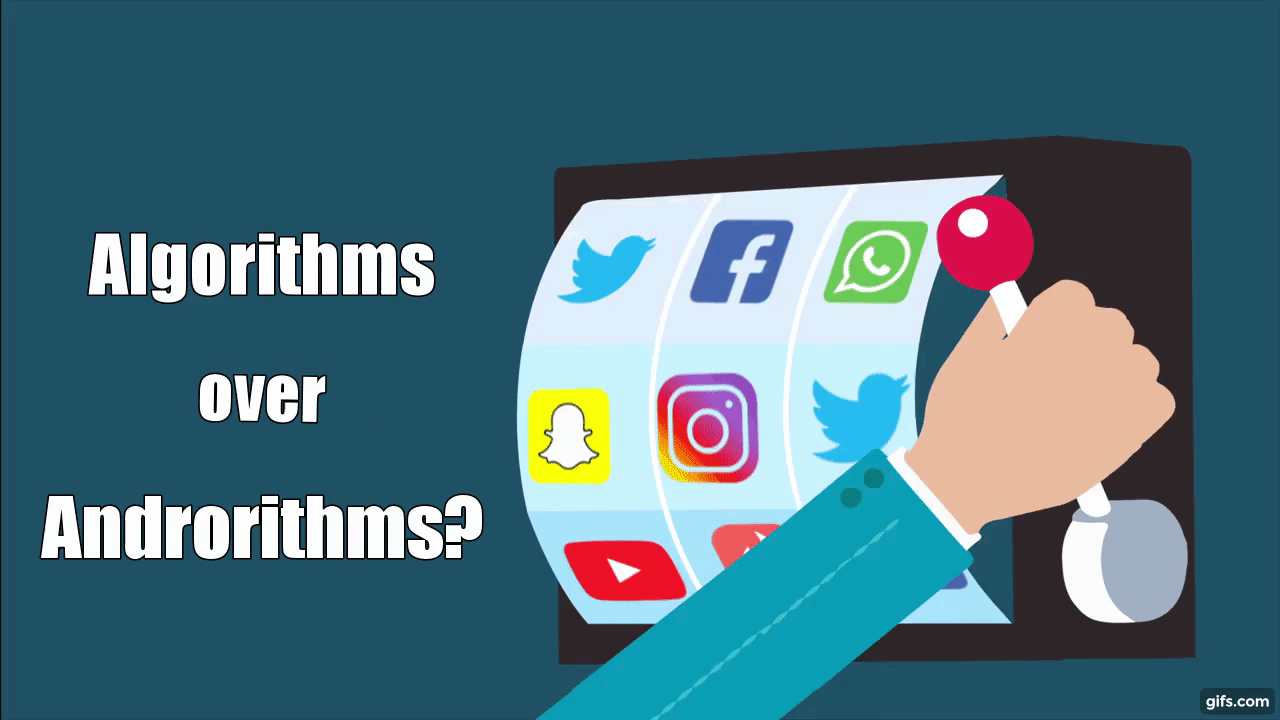
Last year's reports that some apparently well-funded Russian entities used Facebook ...
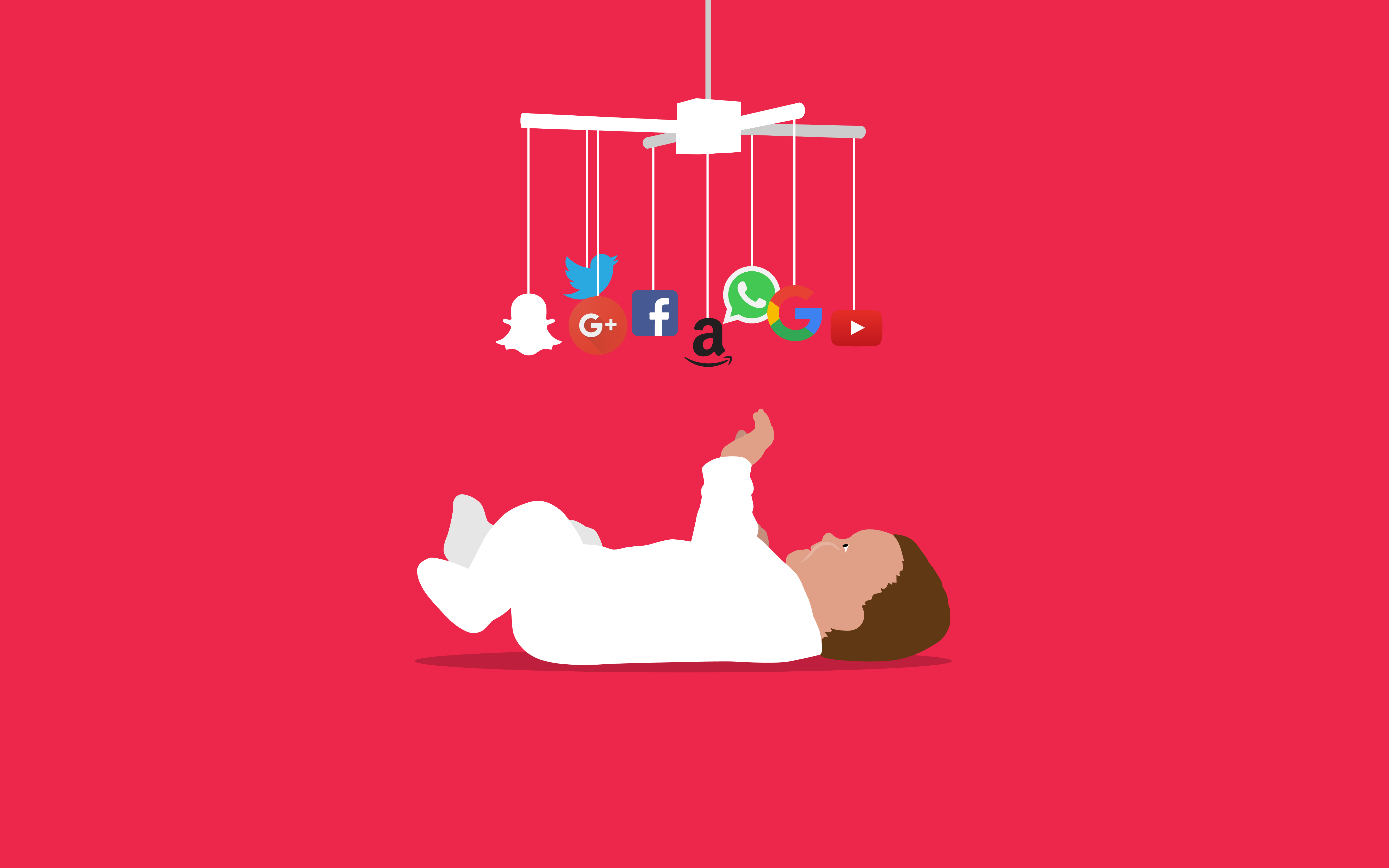


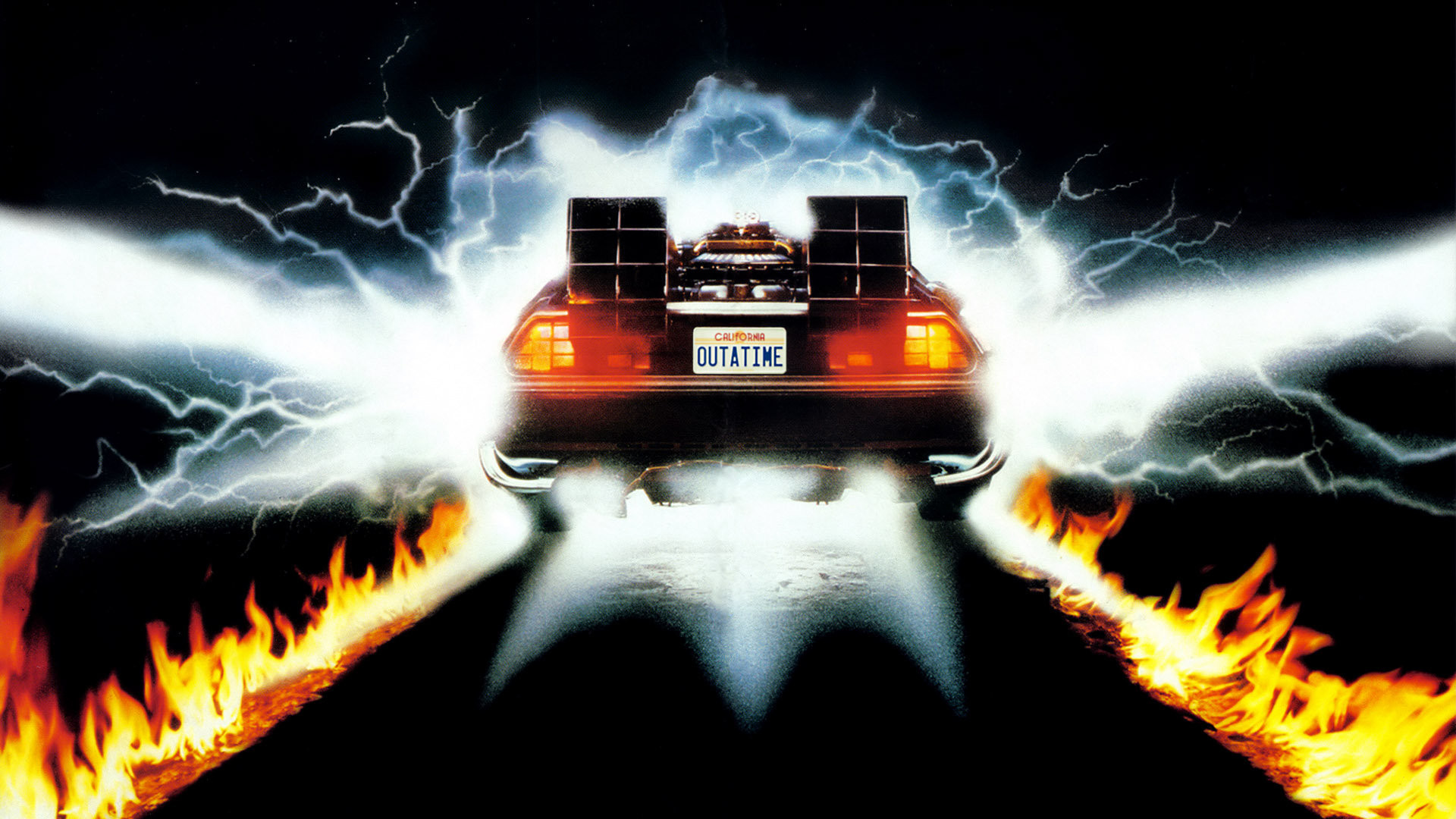
Must-review for anyone, media or not ! A treasure chest! ...
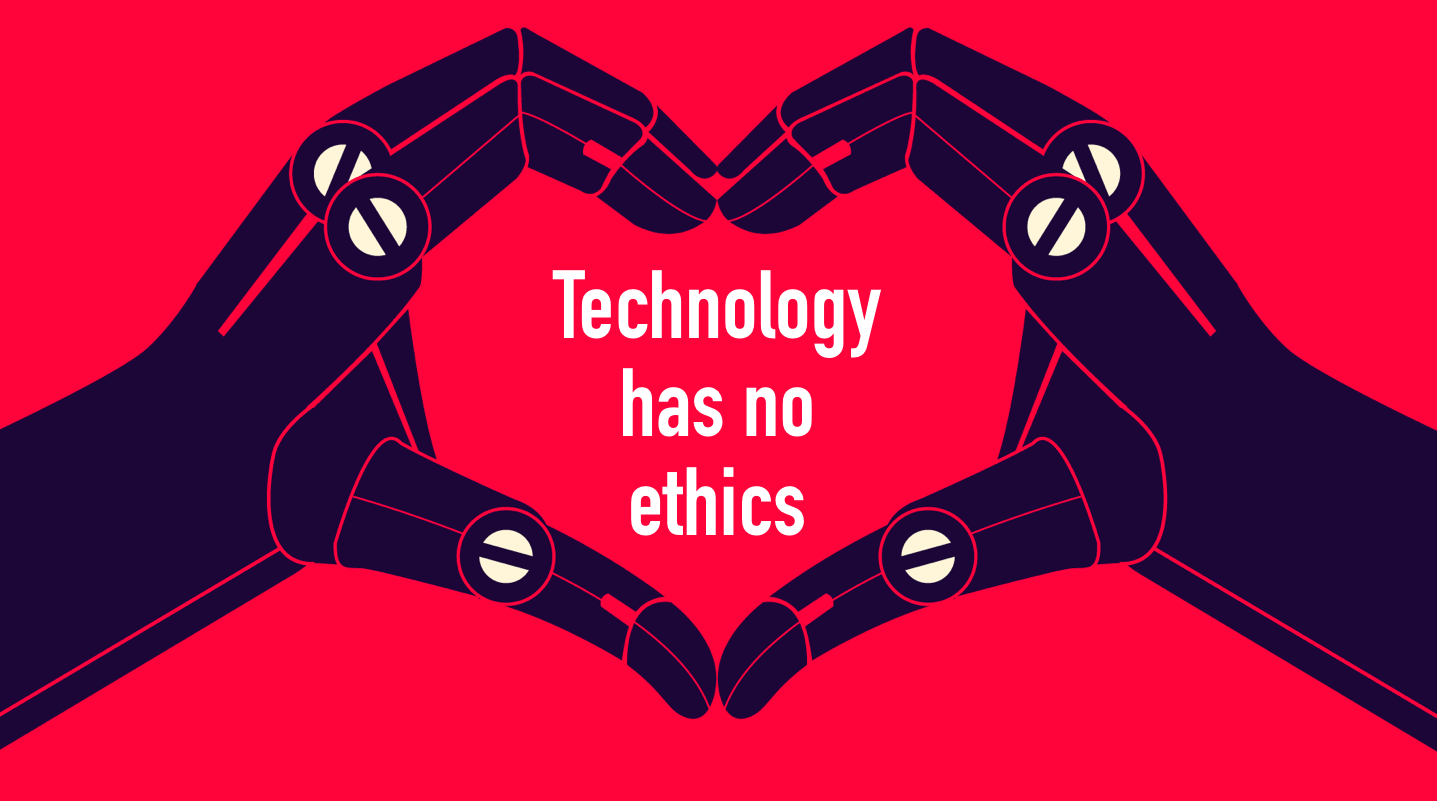
By Rudy De Waele Brilliant important statement, by editor-in-chief Espen ...

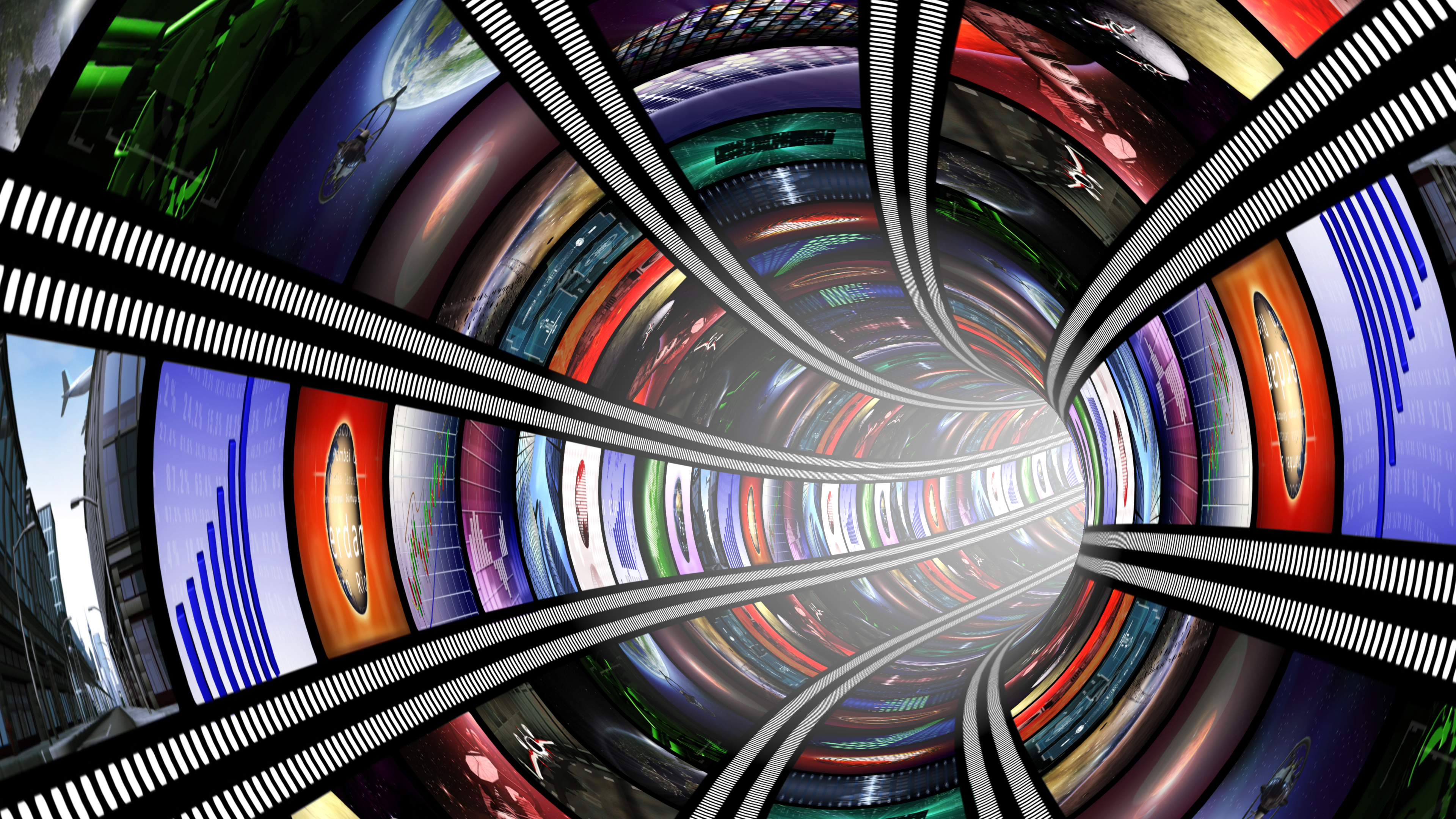
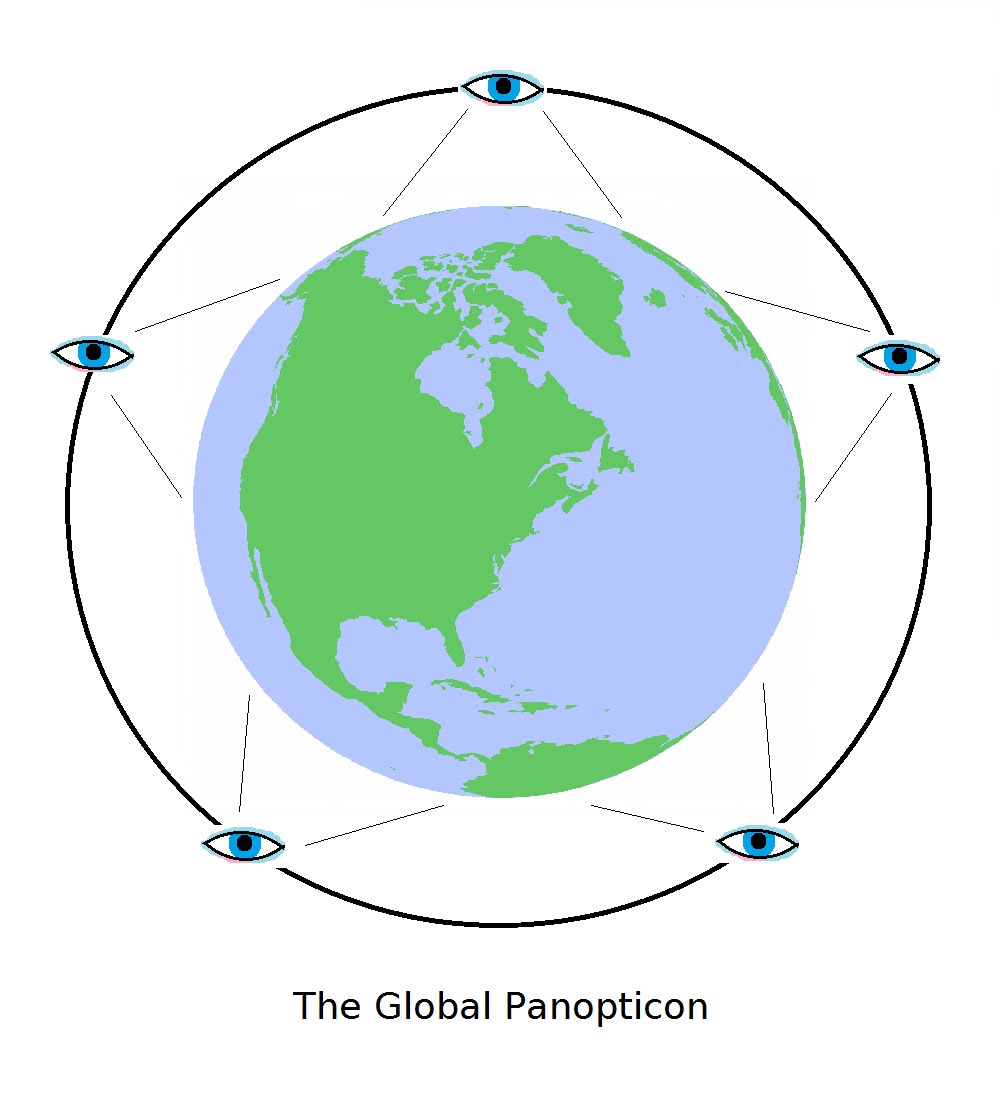
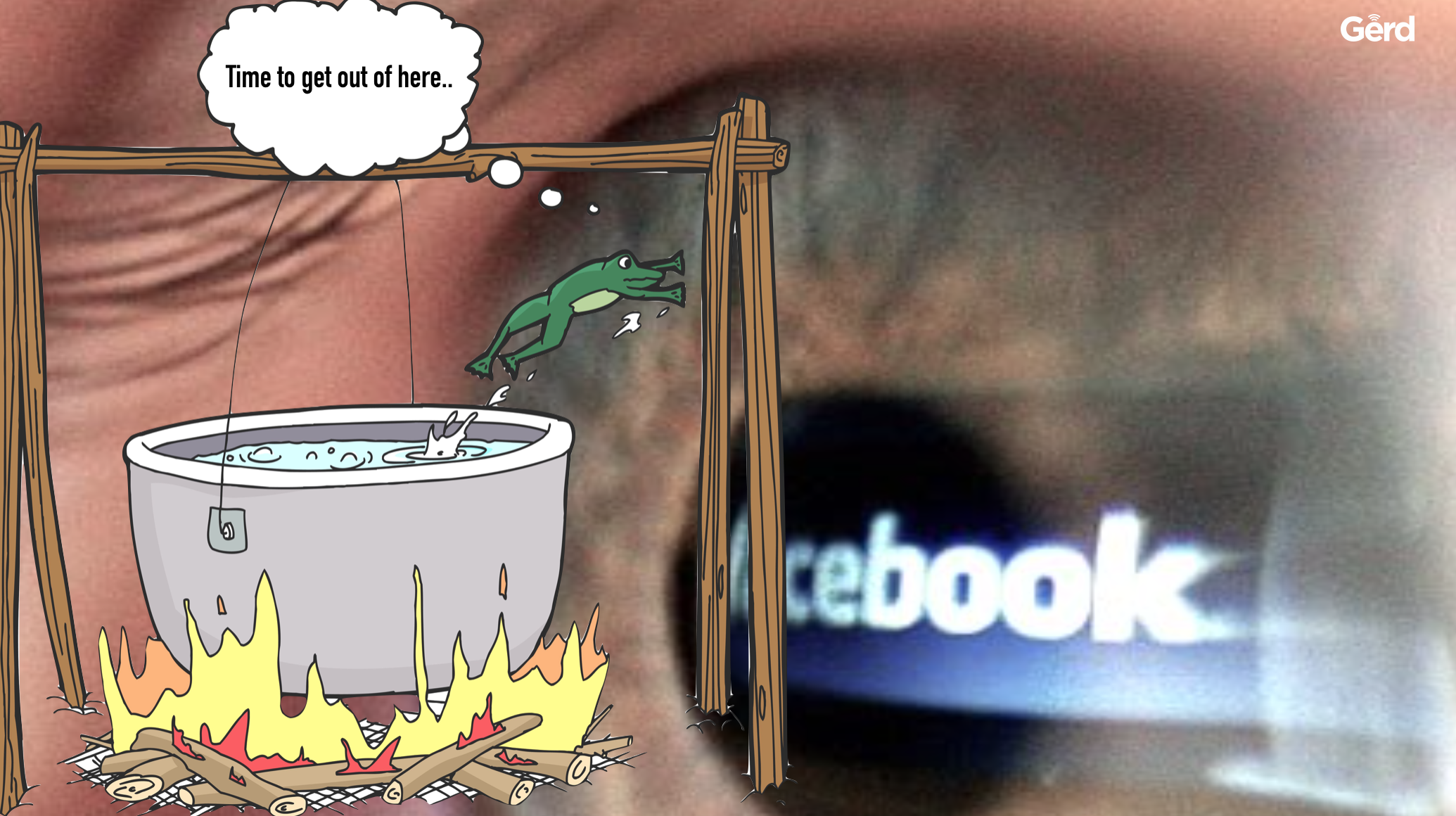
This post will be updated regularly as I'm deciding on ...
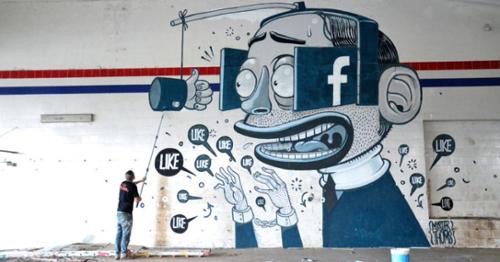
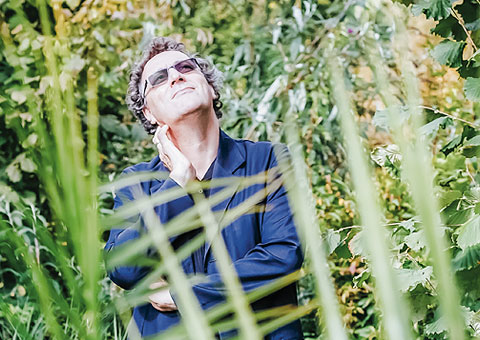
Read more about my gig at MoJoCon Dublin. Thanks to ...
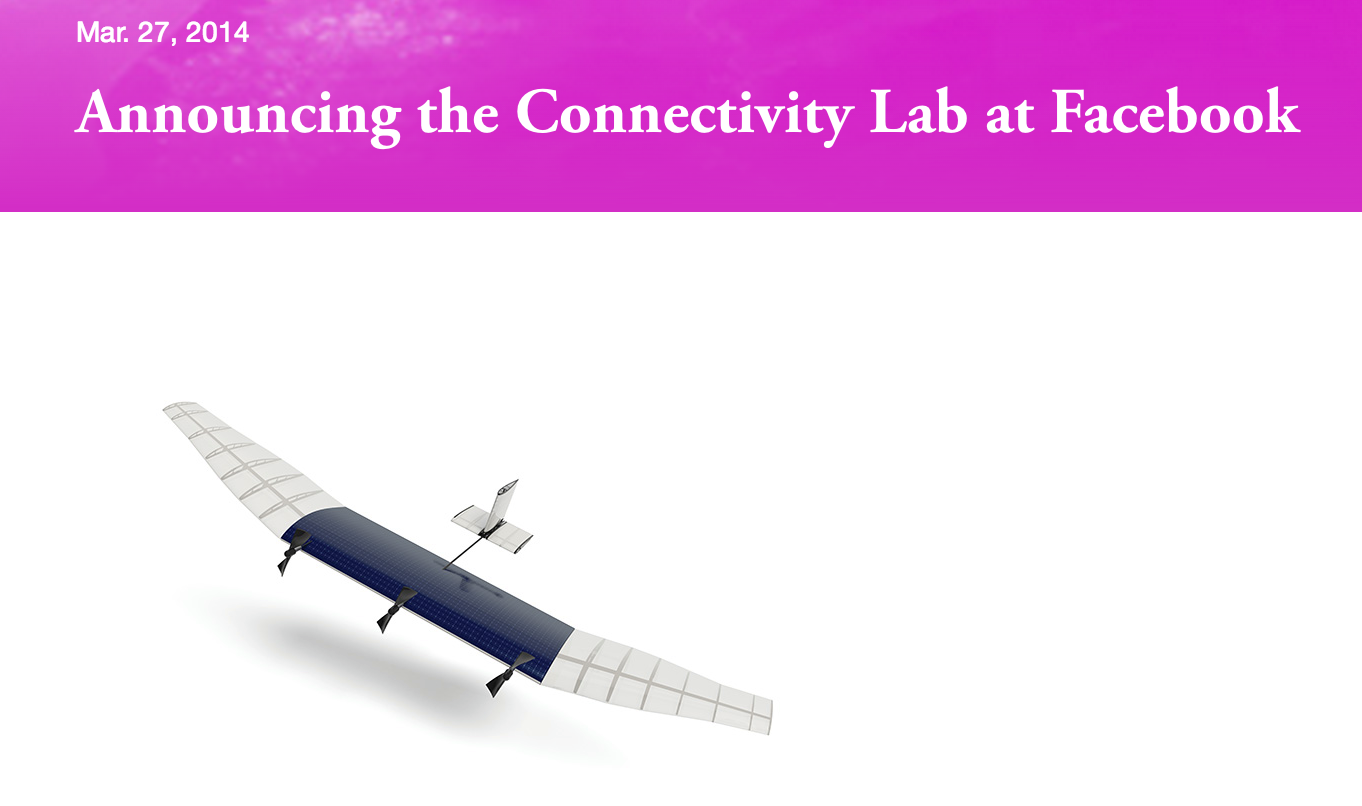
Facebook's Yael Maguire talks about the technologies we're working on ...
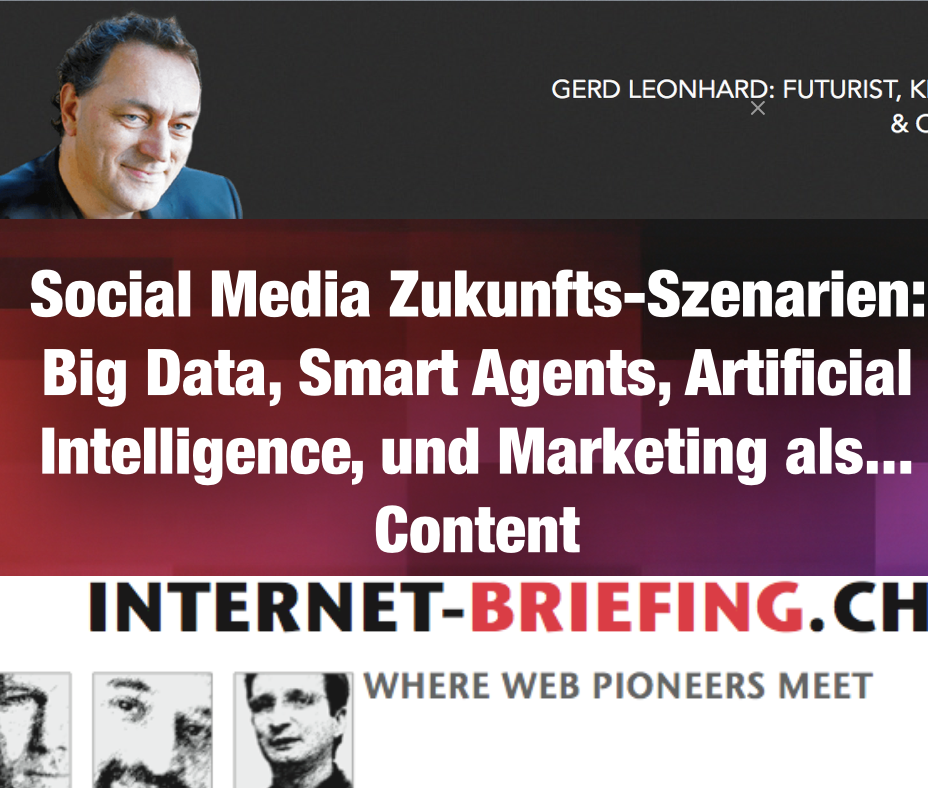
Hi everyone, these are the slides from today's event in ...
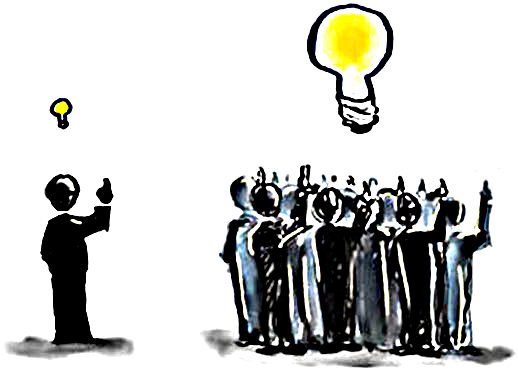
This is the latest edition of Meeting of the Minds, ...
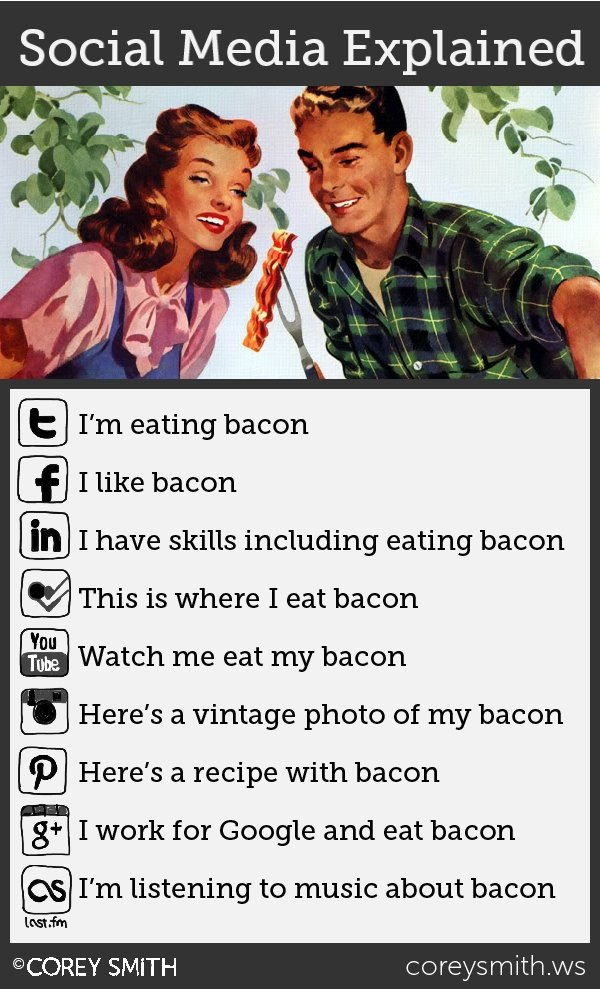
The Power of Social Media – Keynote slides from Ross ...